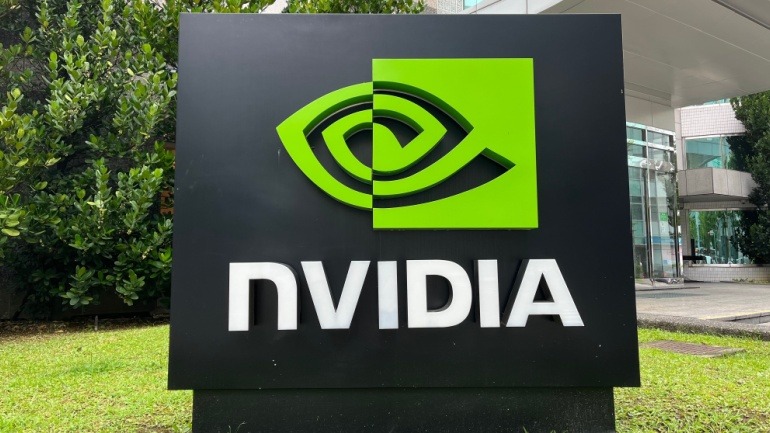In a heated debate over AI reasoning, Anthropic challenges Apple’s flawed testing methods. The controversy highlights the need for improved benchmarks, as Apple’s evaluations misunderstood AI reasoning by treating models as text generators.
Deutsche Telekom and Nvidia are set to transform European manufacturing with the world’s first industrial AI cloud. This will utilize 10,000 Nvidia GPUs, revolutionizing AI-driven manufacturing by 2026. Prioritizing data protection, this initiative aligns with European standards, offering manufacturers cutting-edge resources.
Singapore’s state-owned firm Temasek is collaborating with Microsoft, BlackRock, and MGX to revolutionize global AI infrastructure, targeting a $100 billion investment. This ambitious AI Infrastructure Partnership includes enhancing AI data centers, showcasing AI’s transformative potential on industries globally, and aligning efforts with major global entities for rapid advancement.
Qualcomm is enhancing its footprint in Vietnam with a new AI R&D center, boosting the nation’s AI, semiconductor, and digital transformation ambitions. This integration strengthens tech cooperation, fostering Vietnam’s position in Southeast Asia’s AI landscape by 2030.
Ericsson and Supermicro join forces to advance edge AI, combining 5G, SD-WAN, and powerful computing platforms. Their integrated solutions enable real-time data processing for industries like retail, healthcare, and manufacturing, even in remote areas. This partnership allows enterprises to overcome wired connection limits and deploy AI workloads flexibly and efficiently.
Amazon will invest $20 billion to expand AI infrastructure in Pennsylvania, creating thousands of jobs through new data centers in Luzerne and Bucks Counties. The initiative includes renewable energy projects and adds to AWS’s global AI expansion, with CEO Andy Jassy calling AI the biggest technology shift in business since the internet.
Ericsson has landed a significant contract with Bharti Airtel to manage its nationwide 4G and 5G network services in India through a centralized network operations center. This multi-year partnership will leverage AI-driven automation to efficiently manage 5G infrastructures, including non-standalone and standalone networks.
Samsung is set to launch its innovative AI-powered coding assistant, Cline, designed to boost productivity and accelerate AI integration within its operations. The Korean tech powerhouse aims for a July rollout, enhancing coding capabilities with natural language instructions.
Qualcomm plans to acquire Alphawave Semi for $2.4 billion, boosting its data center chip ambitions. The deal enhances Qualcomm’s CPU and NPU offerings, expands its AI capabilities, and aligns with partnerships like Nvidia and Humain. Despite potential licensing challenges, the move strengthens Qualcomm’s position in the growing AI and data center markets.
The UK government and NVIDIA have partnered to boost AI research in UK universities. Through new programs and a dedicated AI Technology Center, the collaboration aims to advance AI and 6G innovation, provide researchers with critical tools.













